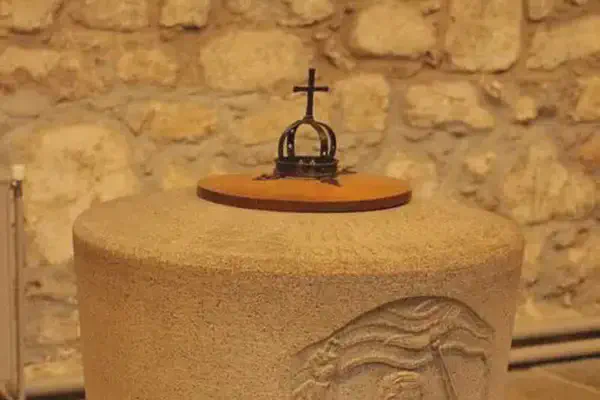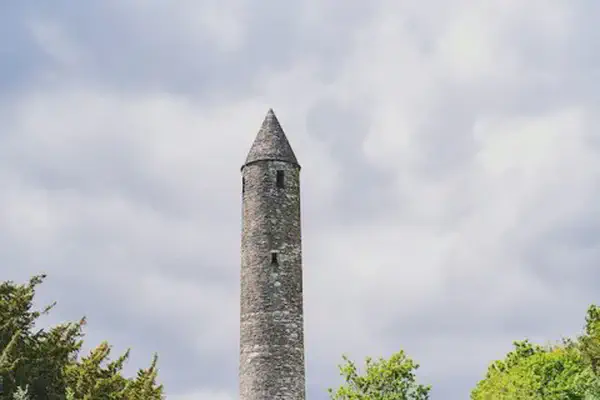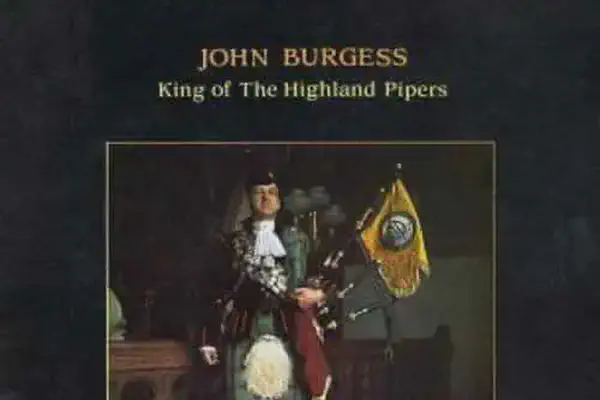On March 28, 1772 in Celtic History
An act to repress steelboy disturbances in five ulster counties is passed

The Hearts of Steel, or Steelboys, was an exclusively Protestant movement originating in 1769 in County Antrim, Ireland due to grievances about the sharp rise of rents and evictions.
The protests then spread into the neighbouring counties of Armagh, Down, and Londonderry, before being put down by the army.
The Hearts of Steel rose in 1769 against unjust and exorbitant rents, chiefly exacted by middlemen—speculators or “forestallers”—who took lands from absentee landlords at greatly increased rents, and made their own profit by doubling the rents on the poor tenants.
The Battle of Gilford
A band of Hearts of Steel, numbering around 800, held a demonstration in Gilford, County Down, on 2 March 1772, consisting of marching through the village and past the castle, home of the local Gilford estate owner, Richard Johnston.
On 5 March, the local Presbyterian minister, Rev. Samuel Morrell had informed Johnston that the “leading deputies” of the Hearts of Steel were meeting in the townland of The Clare, part of Johnston’s estate. They raided the house and arrested the alleged deputies, with one escaping.
This escapee raised the alarm and the next day between one and two thousand Steelboys from Gilford and neighbouring Lurgan and Portadown converged on the village at the castle of Johnston.
End of the protests
The disturbances were so widespread in the affected counties, that the British government passed legislation to severely punish the “wicked and disorderly persons”, and by the latter half of 1772 sent the army into Ulster to crush them. Men were hanged, whilst many others are said to have drowned trying to flee across the sea to Scotland.
The viceroy of Ireland, Lord Townshend, privately blamed the landlords and their actions for the disturbances and so issued a general pardon in November 1772.
Related Content

Shane Patrick Lysaght MacGowan, lead singer of the Pogues, died

St Machar Day, patron saint of Aberdeen

Oíche Shamhna - Cetlic New Year Eve (Halloween)

ALBAN ELFED (Welsh Bardic name for autumn equinox)

Feast day of St. James

John Davie Burgess, King of the Highland Pipers, died at age 71.